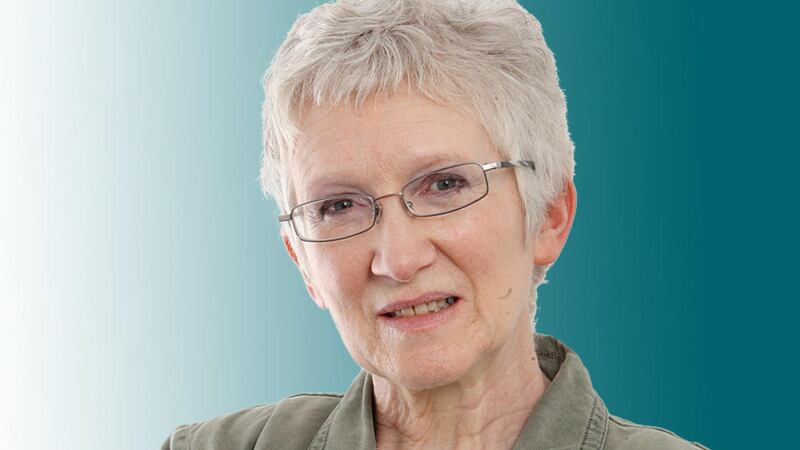``Is it true the Catholic church in Ireland are now saying priests should be allowed to marry?''
The text pinged in as the scale emerged of the Republic’s Yes to same-sex marriage. Emigrants from time to time do misjudge developments back home but what this relative heard, and turned into a rueful joke, were the comments from Archbishop of Dublin Diarmuid Martin, who said the vote was part of a social revolution that had been going on un-recognised in the Irish church.
His eyes were sad as he told RTE the church needed ‘a reality check right across the board.’ They must ask: ``Look, have we drifted away completely from young people''. They needed ‘new language.’
To a Belfast man living in England for his entire adult life that must surely mean, among other things, that priests should be allowed to marry. What else could it mean?
Not women priests, for sure, nor married priests just yet. Talk of reality checks extends to nothing so radical at least for now. The archbishop’s was a voice if not crying in the wilderness, then distanced from other prelates. Pursued, moreover, by the hounds of heaven, what the island’s most passionate religious reporter calls ‘the ugly tail that has wagged the Catholic Church dog on sexual morality issues.’
Irish Times religious correspondent Patsy McGarry has monitored Diarmuid Martin’s isolation from the aftermath of the abuse revelations. Archbishop Martin argued months ago for sensitivity in the way the No campaign spoke of gay people while also making clear he would vote No. He spoke of taking his cue from Pope Francis on speaking about gay people: that didn’t help.
At the Irish Times’s invitation he wrote three days before the vote that: ``As a bishop I have strong views on marriage based on my religious convictions. I have, however, no wish to stuff my religious views down other people’s throats, but I also have a right to express my views in the reasoned language of social ethics. In airing my views in public debate, I do not expect to be listened to on the basis of dogmatic utterance, but on the reasonableness of my argument.''
He added: ``I have said that I intend to vote No, yet there are those of the ecclesiastical right-wing who accuse me of being in favour of a Yes vote, since I do not engage in direct condemnation of gay and lesbian men and women.''
One of the archbishop’s first offences, for deniers, was making the best for his church out of honesty about the long-lasting cover-up of abuse.
Catholic Ireland, as few know better than the man in charge of diocesan records, is damaged to the core. Some resist that knowledge.
But the Catholic Church is not alone in struggling with the reality that many in their congregations order their lives heedless of strictures.
The Church of Ireland’s response to the vote reaffirmed their definition of marriage as now, and for future services, to be between woman and man. Yet in big areas close to people’s real lives - contraception, divorce, homosexuality, same-sex marriage – many make up their own minds.
The Republic’s vote changes the public face of the state forever, at least in one major regard. Affirming a woman’s autonomy over her own body is some way down the line, but it will surely come.
In legality, political honesty, public life, the north trails behind. Church and state are paired in a backwardness that ignores lives as lived, despite a universal trend of emptying pews, scarce clerics.
Sensing that Sinn Fein and even the SDLP (on a coherent day) are not to be trusted with the old line, Bishop Noel Treanor seeks alliances with the DUP. The northern Catholic Church must secretly know it is in trouble when it links up with flat-earthers who question evolution and climate change.
At the weekend, the Irish Times’s McGarry wrote that Diarmuid Martin ‘had close pastoral relations with gay people in the city and their representative groups. It was clear his heart was with them in this campaign but his church was not.’
He quoted a Martin speech on May 6, when he publicised his intention to vote no, he said, to counter claims that he had ‘confused’ the press, and ‘given constant solace to the Yes campaign.’
McGarry explained that this referred to a speech by the Archbishop in March to the ultra-No Iona Institute, on his concerns about the referendum: ``He was shouted down.''
Social revolution enmeshes reactionaries too, while they're busy denying it.








